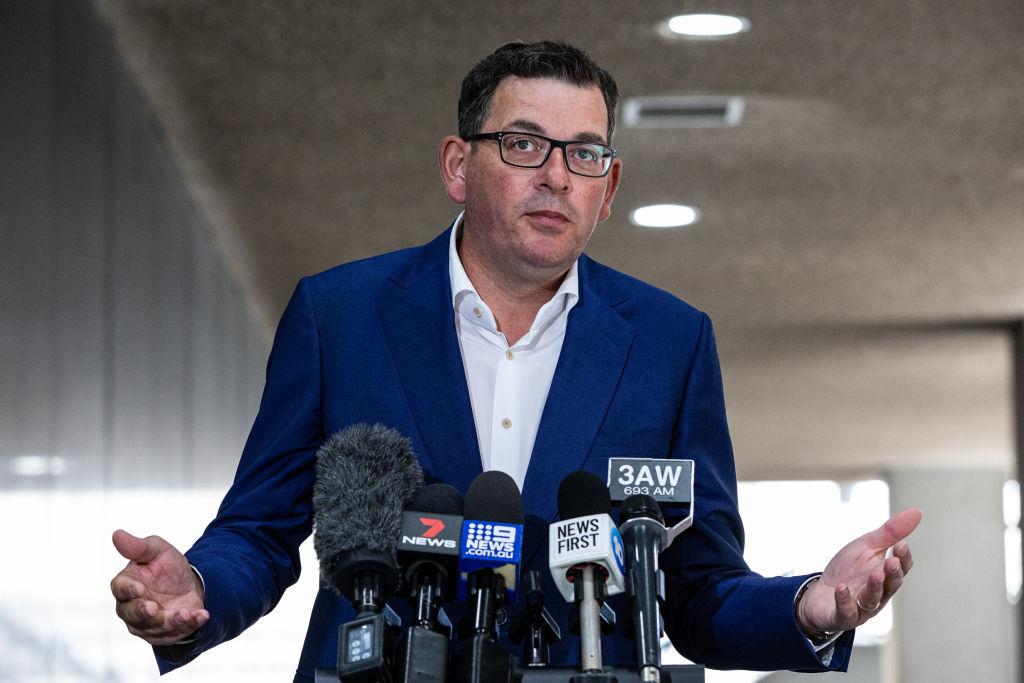Victorian Premier Daniel Andrews has been questioned over his role in the state’s health crisis that led to the death of a 14-year-old girl waiting for an ambulance as well as 15 other Victorians’ deaths in the recent months.
14-year-old Lydia Anseline died on April 13 from an asthma attack after waiting for over 30 minutes for the ambulance to arrive.





